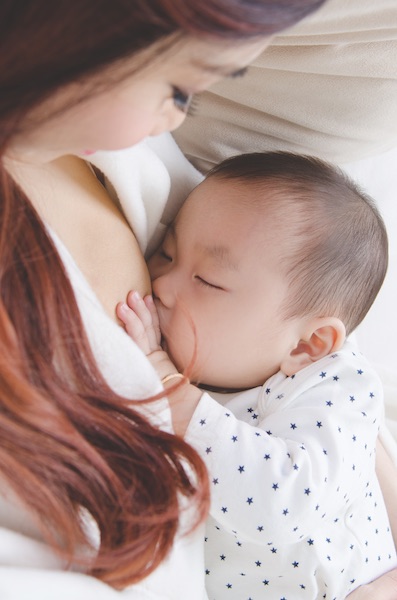Bringing up a bilingual baby

It’s no secret that a bilingual education is a valuable […]
It’s no secret that a bilingual education is a valuable asset in today’s global community, and because infants’ brains are particularly absorbent, they can soak up new languages with amazing speed and retention. In fact, a child who picks up a second language before adolescence is often capable of speaking that language accent-free for life.
Giving the gift of language
Developing bilingualism from infancy carries lifelong benefits: communication with extended family or other foreign language speakers, a competitive edge in the job market, and a jump on foreign language studies in school. Besides these obvious plusses, research also suggests that bilingualism is linked to higher scores on intelligence tests, increased confidence and heightened creativity, as well as a greater understanding of linguistic concepts.
In the past, there was some concern that second language learning could affect English proficiency or slow down speech development, but research shows this is not the case. Alison Mackey, PhD, professor of linguistics at Georgetown University and co-author of The Bilingual Edge: Why, When, and How to Teach Your Child a Second Language, says, “Even young children are able to understand that language is a code and more than one word can refer to the same thing. A child’s ‘first’ language will not suffer through the introduction of an additional language.”
Bilingual babies don’t start talking any later than other children, but they usually experience some “mixing” of the two languages (even manifested as bilingual baby babble!) for a period of time. This does not mean baby can’t distinguish between the two languages; mixing languages is a normal phase that naturally works itself out.
Planning for success
To bless your child with all the benefits of growing up bilingual, start with a plan. The most successful bilingual learning begins with both parents discussing their desires, aligning their expectations, and establishing a game plan early on.
What constitutes a winning plan? “Many parents have had success with allocating one language to one parent,” says Mackey. “This way each parent provides rich native input in each language.” Decide beforehand that one parent will address baby in the first language while the other parent uses the second, and baby will be able to separate the two more effectively in the long run. In order to achieve simultaneous fluency, try to balance baby’s exposure to the languages as much as possible. For example, if baby hears mostly English while you’re out together in the community, focus on providing learning opportunities in the other language at home.
Also set clear goals: Do you want your child to simply understand a second language, or speak it just as well as the first? Will baby learn to read and write in both languages? As parents work together to achieve their goals, baby will feel more comfortable and secure.
Living in two tongues
Immersion, rather than translation, is the most effective way for anyone to learn a language, babies included. Make sure baby has separate but comparable interaction in both languages by reading books together, listening to music, singing songs and playing games. Learn about the foreign culture by occasionally dressing in the native garb and eating baby-friendly versions of traditional cuisine. Babies love to learn, and sharing these experiences can build great family togetherness. The key is personal contact; no one ever became fluent in a second language simply by watching a DVD! Mackey suggests that language videos should be thought of as supplementary (not primary) learning tools. They can be helpful “if they are watched together with a parent or caregiver, who provides plenty of human interaction that illustrates and echoes what’s seen on the screen.”
These second language-learning activities are beneficial even if neither parent is bilingual—you can all learn together! Even small amounts of foreign language exposure will prepare your child to learn a second tongue. When your baby is past the basics (and beyond your knowledge), you may choose to enroll him in classes with other tots his age or even hire a foreign nanny or au pair to give him further tutelage.








